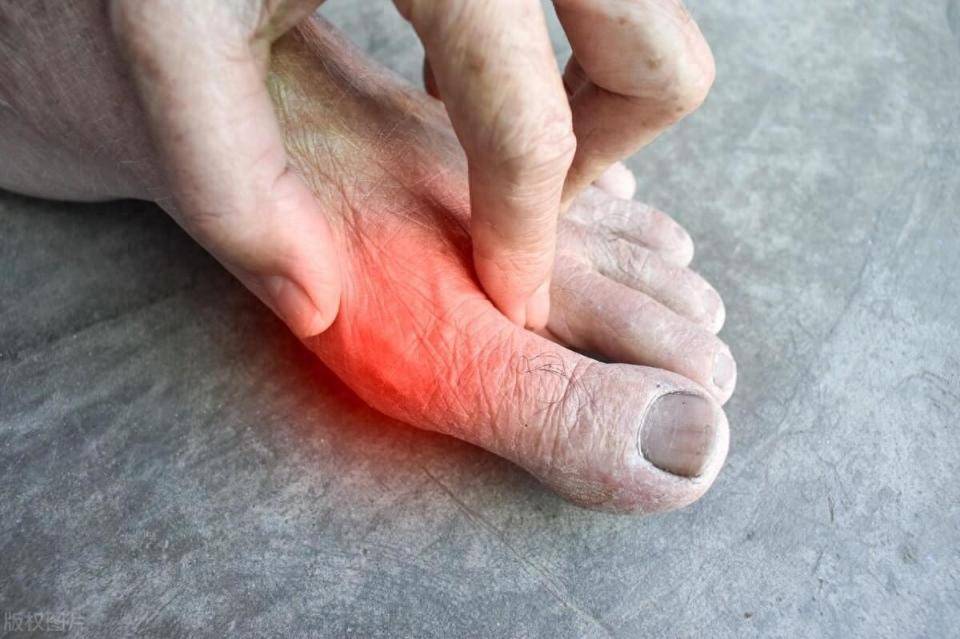Do not take medication casually for hyperuricemia and gout, as improper consumption can have serious side effects. It’s no wonder that guidelines for hyperuricemia in Europe and America recommend medication for asymptomatic hyperuricemia only when combined with kidney disease and cardiovascular risk factors. Therefore, there are four things to pay attention to when taking medication for hyperuricemia:
1. It is best to test for the human leukocyte antigen HLA⁃B*58∶01 gene before taking allopurinol. Many friends who have hyperuricemia and gout know about allopurinol. However, in a few patients, serious skin reactions may occur from this medication. These individuals have a positive HLA⁃B*58∶01 gene. Therefore, it is advised in the guidelines that everyone should check for this gene before taking allopurinol and avoid it if the gene is positive.
2. Do not easily medicate asymptomatic hyperuricemia. Some people get nervous when they notice high uric acid levels and immediately take medication to lower it. According to the guidelines, it is important to adhere to this principle: consider taking urate-lowering drugs when uric acid levels exceed 540μmol/L. Asymptomatic patients should first try non-medication treatment methods such as diet adjustments, exercise, and weight management.
3. For hyperuricemia and gout with kidney damage, avoid using uric acid excretion drugs. Hyperuricemia and gout often accompany kidney damage as high uric acid levels can lead to the deposition of uric acid salts in the kidneys, causing kidney stones, nephritis, and acute or chronic kidney failure. Therefore, allopurinol and febuxostat can help delay kidney damage progression.
It is recommended that if a doctor assesses the kidney function as Stage 3 or higher, uric acid levels are above 540 μmol/L, or there are urinary stones, these are indications for urate-lowering treatment. However, in medication selection, allopurinol or febuxostat should be preferred over uricosuric drugs like probenecid.
4. For hyperuricemia and gout with hypertension, consider antihypertensive drugs that can lower uric acid levels. Hypertension can influence hyperuricemia, and certain antihypertensive drugs may raise uric acid levels. Therefore, antihypertensive medications that do not affect uric acid or can lower uric acid levels, such as valsartan and extended-release nifedipine, are recommended as the first choice.
Hyperuricemia and gout are closely related to diet, so it’s important to learn how to eat healthily:
Avoid high fructose fruits and vegetables. According to the guidelines, avoid sugary drinks and reduce consumption of high-fructose fruits like apples, oranges, lychees, grapefruits, persimmons, longans, and pomegranates.
Lemons, cherries, and olives are beneficial for gout and can be consumed moderately. Watermelons, grapes, strawberries, plums, peaches can also be consumed in moderation, while mushrooms, asparagus, seaweed, and cereal germ should be consumed in small amounts.
Most melons, root vegetables, and leafy greens can be consumed without worry.
Opt for white meat in your diet, especially lean meat with low purine content. Avoid consuming animal organs like liver, kidneys, and hearts. Pay attention to the preparation of meat – fresh meat is fine, but processed meats have high purine and salt content such as fried, smoked, marinated, and hot pot meats, which are not recommended. It’s best to boil the meat in water first and discard the broth before consumption. #HyperuricemiaGout#
View original image 109K
Personal opinions, for reference only


